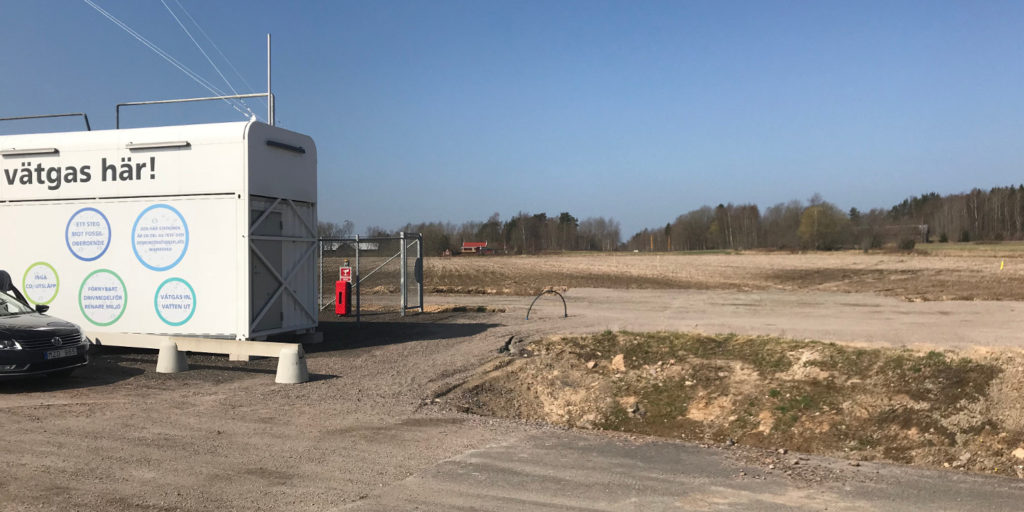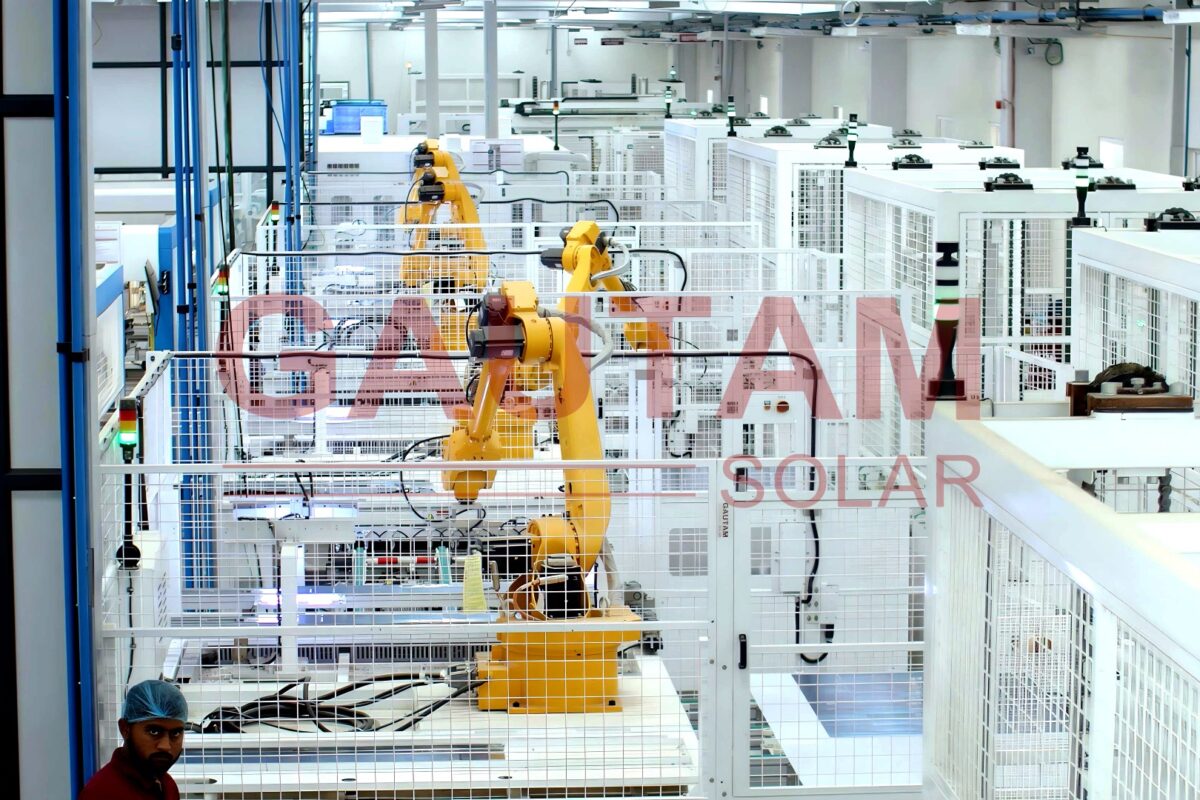India’s Ministry of New and Renewable Energy (MNRE) has invited research proposals on gravity storage, in order to deal with the fluctuating nature of renewable power and for grid balancing.
The research objective is to design and develop a cost-competitive gravity storage system and a prototype system integrating renewable energy with gravity storage. The proposal should target end-to-end complete technological solutions.
In gravity-based energy storage systems, electricity is used to lift mass to higher elevation, thereby storing potential energy. Lowering this mass discharges the energy, which can again be converted into electricity.
With increasing share of renewables, India would need energy storage for absorbing fluctuations and for grid balancing. As demands from the storage system would vary for different application segments, gravity-based energy storage has been proposed as a potential solution with unique advantages of short response time and flexibility.
Solar-driven hydrogen and methane production
The MNRE has also invited project proposals on utilization of solar energy for hydrogen production—and subsequently methane production—from seawater. Methane can be used on demand to generate electricity (and heat). This process has potential to create a reliable, zero-emission source of fuel.
The objective is to develop cost-competitive seawater electrolysis technology for hydrogen production; integrate solar power system with seawater hydrogen production process; standardize methane production process using hydrogen and CO2; and develop an integrated prototype system.
Notably, excess electricity generated by intermittent renewables can be used to make hydrogen via water electrolysis and the subsequent application of the Sabatier reaction would produce methane. Globally, significant research is underway for minimizing the energy loss in electrolysis and developing cost competitive process for transforming the hydrogen and CO2 into methane (CH4).
This content is protected by copyright and may not be reused. If you want to cooperate with us and would like to reuse some of our content, please contact: editors@pv-magazine.com.









1 comment
By submitting this form you agree to pv magazine using your data for the purposes of publishing your comment.
Your personal data will only be disclosed or otherwise transmitted to third parties for the purposes of spam filtering or if this is necessary for technical maintenance of the website. Any other transfer to third parties will not take place unless this is justified on the basis of applicable data protection regulations or if pv magazine is legally obliged to do so.
You may revoke this consent at any time with effect for the future, in which case your personal data will be deleted immediately. Otherwise, your data will be deleted if pv magazine has processed your request or the purpose of data storage is fulfilled.
Further information on data privacy can be found in our Data Protection Policy.